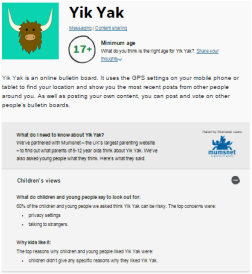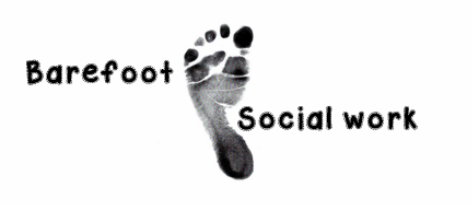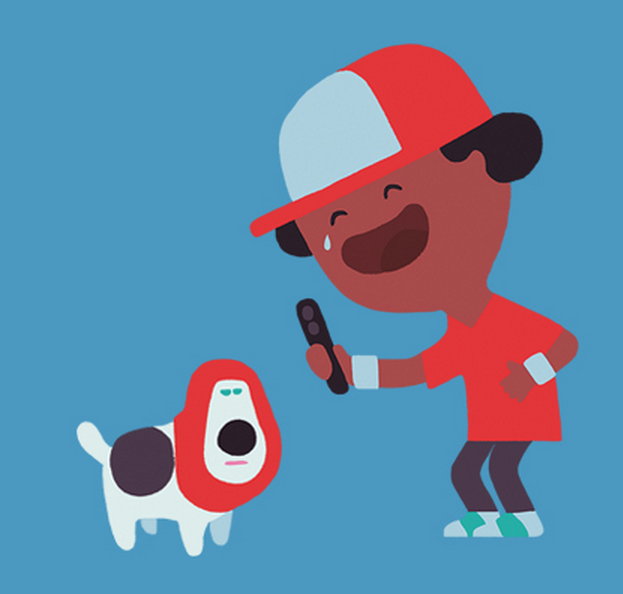|
I've written a couple of posts recently about Protecting Young Children Online and Protecting Big Kids Online. I was thrilled at how many times they were viewed and shared (Thank you!) and I hope they have helped you to feel more confident in safeguarding your children in the digital age. Since I last posted I've found the new Fire HD Kids Edition. It has some great easy-to-use parental controls where you're able to manage usage limits, content access and educational goals, plus there's a 2 year worry free guarantee! It looks fab! Children’s apps and websites were in the news on privacy grounds earlier this week, after the UK’s Information Commissioner’s Office (ICO) announced a review of how these services collect data on their young users. It will form part of an international project, coordinated by the Global Privacy Enforcement Network, and will look at 50 websites and apps, particularly what information they collect from children, how that is explained, and what parental permission is sought. The websites and apps will include those specifically targeted at children, as well as those frequently used by them. So how can parents decide which sites, apps and games are appropriate? Today I was emailed about the NSPCC's updated Net Aware guide which helps parents to understand what their children are doing online and hopefully maintain open channels of communication. It's a huge database providing information on sites, apps and games. It tells you what it is, why kids like it and provides an age rating to help parents judge whether it's appropriate for their child. After having a look through the site I realised that I probably haven't heard of half of them before.  Research by the NSPCC earlier this year found that many parents have gaps in their online knowledge and don't talk about the right issues with their children. For example, Tinder, Facebook Messenger, Yik Yak and Snapchat were all rated as risky by children, with the main worry being talking to strangers. However, for the same sites the majority of parents did not recognise that the sites could enable adults to contact children. Although eight out of ten parents told the NSPCC that they knew what to say to their child to keep them safe online, only 28% had actually mentioned privacy settings to them and just 20% discussed location settings. One of the best ways of safeguarding your child online is to maintain open channels of communication. Here are my top tips:
Take a look at the NSPCC guide and let me know what you think.
0 Comments
Your comment will be posted after it is approved.
Leave a Reply. |
AuthorI'm a Qualified Children's Social Worker with a passion for safeguarding and family support in the UK. Archives
August 2016
Categories
All
|


